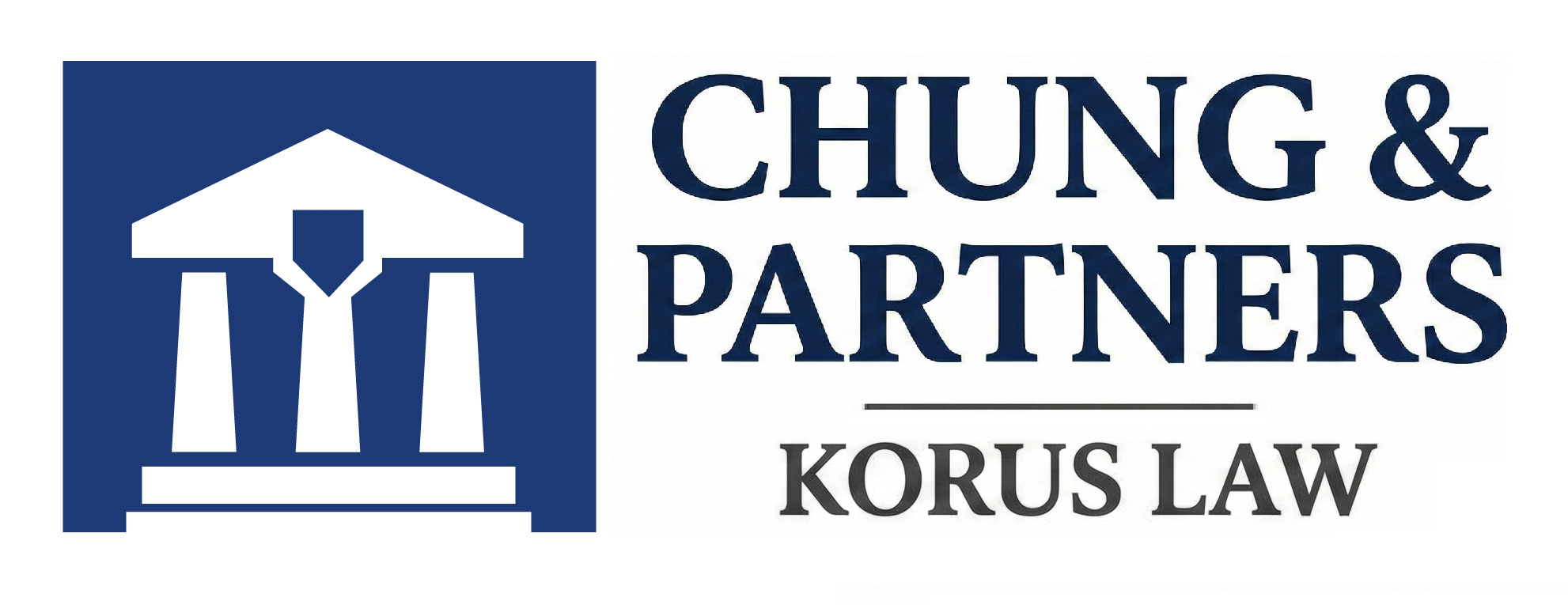02 Feb You Get What You Pay For
When it comes to estate planning, some people delay the process due to the cost or seek out a “cheaper” solution. However, if there is no estate plan in place and the estate must go through probate, or if there are errors in the documents that need to be corrected, the resulting cost and time can be dozens of times greater.
It is common to come across trusts prepared by non-specialist attorneys offering lower fees than experienced estate planning lawyers. Upon review, these documents often turn out to be legally ineffective or fail to reflect the client’s assets and intentions. They are typically generic, “one-size-fits-all” templates that are applied to every client without customization.
Some individuals believe they don’t have enough assets to require professional advice, assuming their estate plan will be simple. However, they are later blindsided by unexpected estate taxes, gift taxes, capital gains taxes, loss of government benefits, asset depletion, or even document invalidation.
- Common issues seen in poorly drafted documents include:
- Failing to name alternate trustees or agents in case the originally named person dies or is unable to serve
- Not obtaining a self-proving affidavit from witnesses for the will
- Omitting a separate assignment of property for distributing personal items like jewelry or artwork
- Not specifying what should happen if a beneficiary predeceases the grantor
- Failing to include a spendthrift provision, leaving trust assets vulnerable
- Neglecting to add supplemental needs provisions, which can disqualify beneficiaries from government benefits
When hiring an attorney, what matters most is finding someone who specializes in estate planning. Just as you wouldn’t see a dentist for an eye condition, you shouldn’t rely on a generalist attorney for something as critical as a will or trust. What do you think of an attorney who claims to handle everything and offers wills and trusts at low prices? Each area of law requires deep, focused expertise. Those who spread themselves too thin often lack the specialization required and, as a result, produce documents with mistakes due to insufficient time and care.
Take Mr. Choi, for example. He was looking for a cheap estate plan and was introduced to a non-specialist attorney who promised to prepare a trust at a low cost. Believing his estate planning was complete, Mr. Choi felt at ease. Later, however, he visited our office to ask whether any updates were needed. Upon review, we discovered that his assets had not been funded into the trust. The documents were overly generic and lacked essential provisions such as tax strategies, safeguards to ensure his children spend their inheritance wisely, and plans to preserve government benefits for himself, his spouse, and his children. Even a small error, such as a misplaced word or an incorrectly written clause, can cause the entire estate plan to be interpreted in an unintended way by the court. If assets are not transferred into the trust, the trust becomes a hollow shell, offering no benefit. In such cases, the estate must still go through probate, defeating the very purpose of having a trust.
If a mistake in your estate plan is discovered after your death, who will your family blame? The deceased cannot speak. Errors found in a will or trust after the person has passed away, or become incapacitated due to dementia or stroke, cannot be corrected. The family is left to face a long and costly probate process.
That’s why the saying holds true: You get what you pay for.

